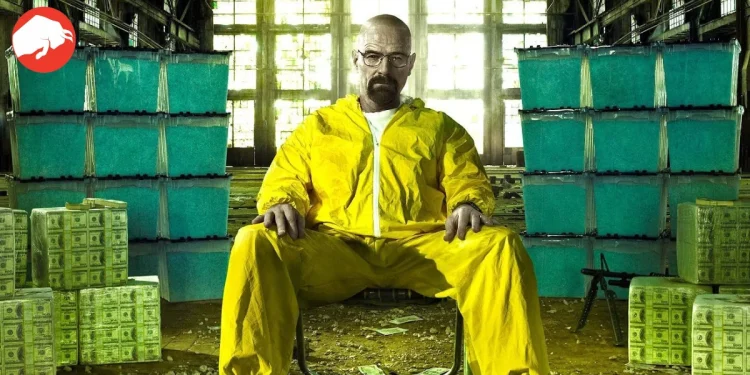Breaking Bad’s Legacy: More Than Just a TV Show
It’s hard to believe, but January 20th, 2023, marked the 15th anniversary of the premiere of Breaking Bad. Created by Vince Gilligan, this series has long transcended its television format to become a cultural phenomenon. It first graced our screens on AMC in 2008 and concluded its run on September 29, 2013. Yet, it has managed to sustain its allure over the years, thanks in part to the extensions of its universe in the forms of El Camino: A Breaking Bad Movie and Better Call Saul. As fans revel in their nostalgia, we dig into why Breaking Bad still holds a mirror up to society a decade and a half later.
The Timeless Appeal of Breaking Bad’s Characters and Themes
“From its wider themes, characters, and the stories intertwining the two, Breaking Bad remains the gold standard on how to write TV.”
The show’s timeliness is inescapable. Walter White, a high school chemistry teacher turned methamphetamine manufacturer, became a criminal due to the shortcomings of the U.S. healthcare system. This premise has hardly lost its relevance, underscoring the issues that persist in today’s healthcare debates.
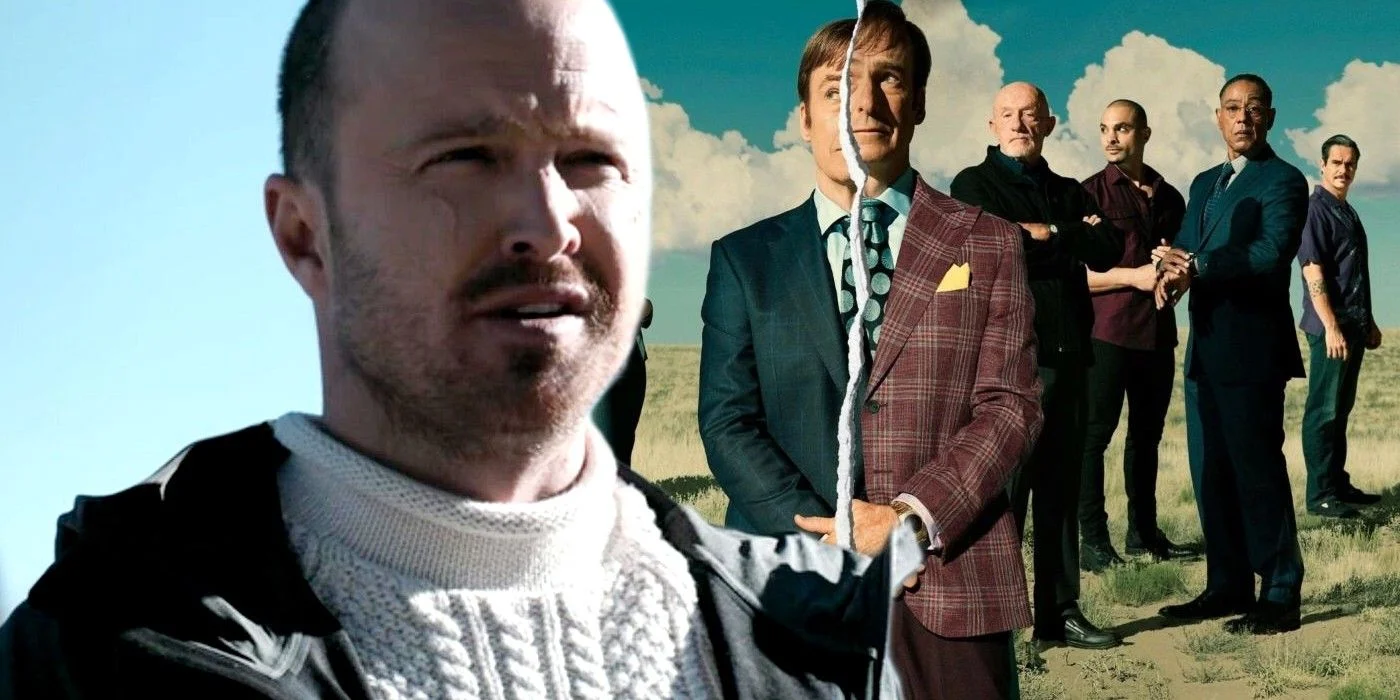
What elevates Breaking Bad to a different level is the complexity of its characters. Walter White, portrayed with nuanced brilliance by Bryan Cranston, is both a hero and a villain. His transformation from a desperate family man to an egotistical criminal mastermind makes him one of the most intriguing characters in TV history.
The series also features Jesse Pinkman, brought to life by Aaron Paul, who serves as the antithesis to Walter. Jesse’s journey of redemption exemplifies one of the show’s significant themes: the belief that nobody is beyond self-improvement.
“Breaking Bad’s dedication to the humanization of these characters stands the test of time.”
With characters like Hank Schrader, Skylar and Walter Jr., Breaking Bad creates an intricate web where each storyline complements the other, and every character undergoes an evolution that holds the viewer’s attention years later.
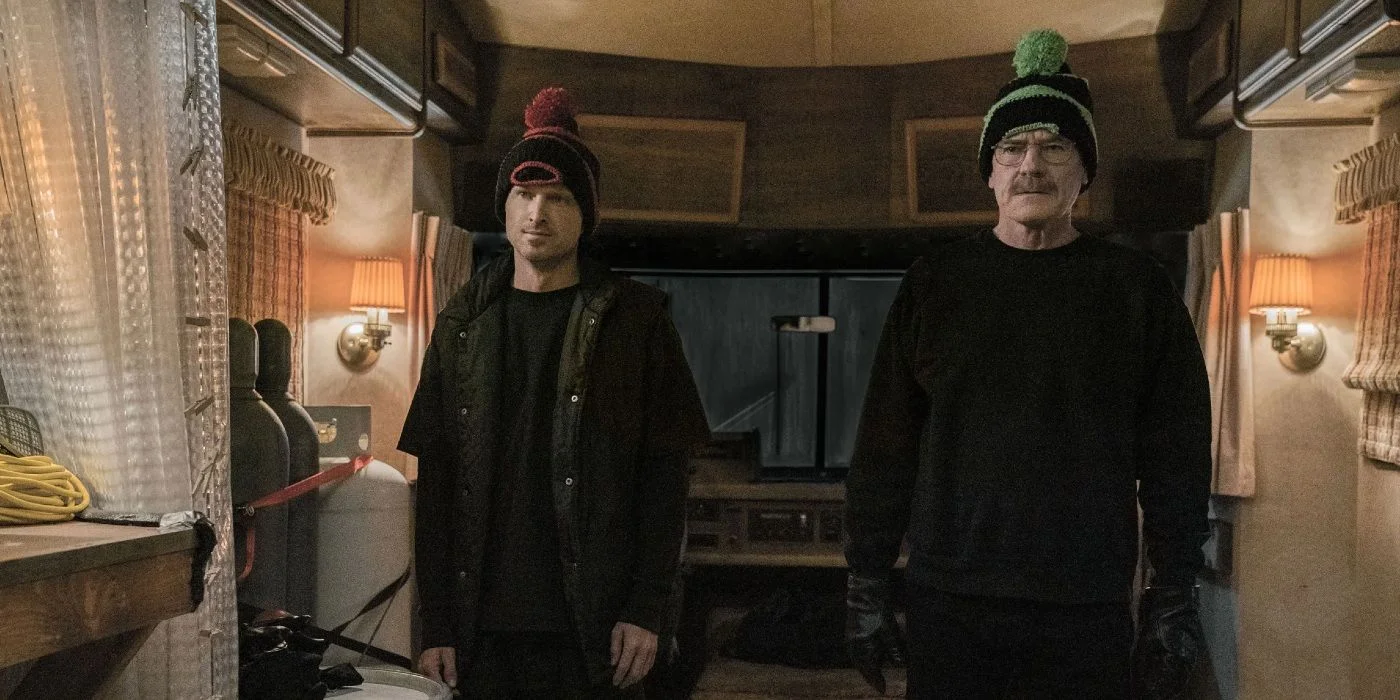
How El Camino and Better Call Saul Keep the Legacy Alive
Breaking Bad might have ended in 2013, but its story didn’t. El Camino gave fans the closure they yearned for regarding Jesse Pinkman’s fate, while Better Call Saul enriches the Breaking Bad universe by delving into the backstory of characters like Saul Goodman and Mike Ehrmentraut.
“The fact that they both worked at delivering these elements without simply repeating the same beats of Breaking Bad makes it a brilliant trilogy of stories within this universe that can be enjoyed together.”
Both spinoffs managed to keep the essence of the original show while adding layers to its complexity. They don’t just recycle old themes; they reinvent and redefine them, allowing the franchise to evolve while maintaining its foundational elements.
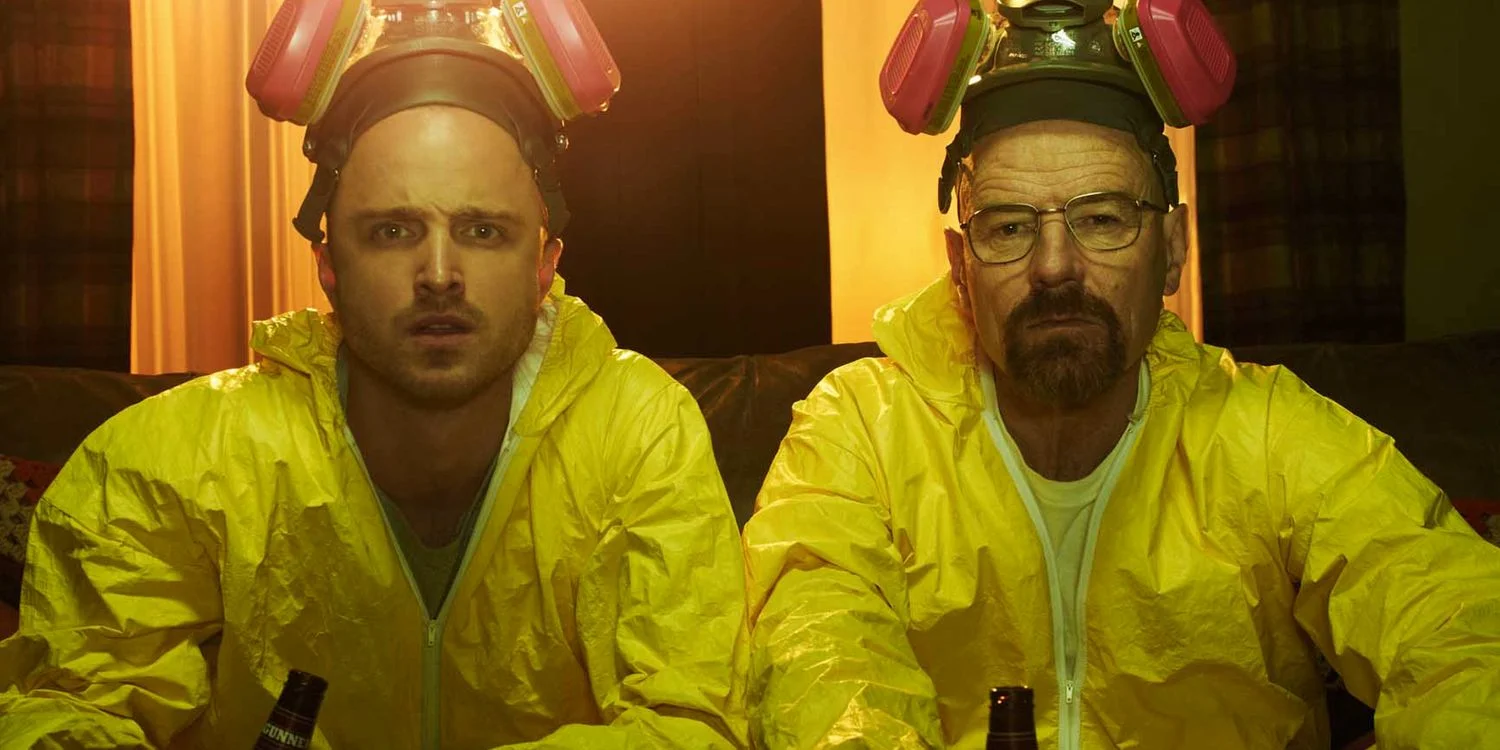
The Immortal Rewatch Value
Unlike some shows that lose their charm over time or stumble at the finish line (yes, Game of Thrones, we’re looking at you), Breaking Bad seems to get better with each rewatch. Its near-perfect finale only adds to its rewatch value, allowing audiences to discover new details they may have missed, leading to ongoing discussions and theories years after its initial release.
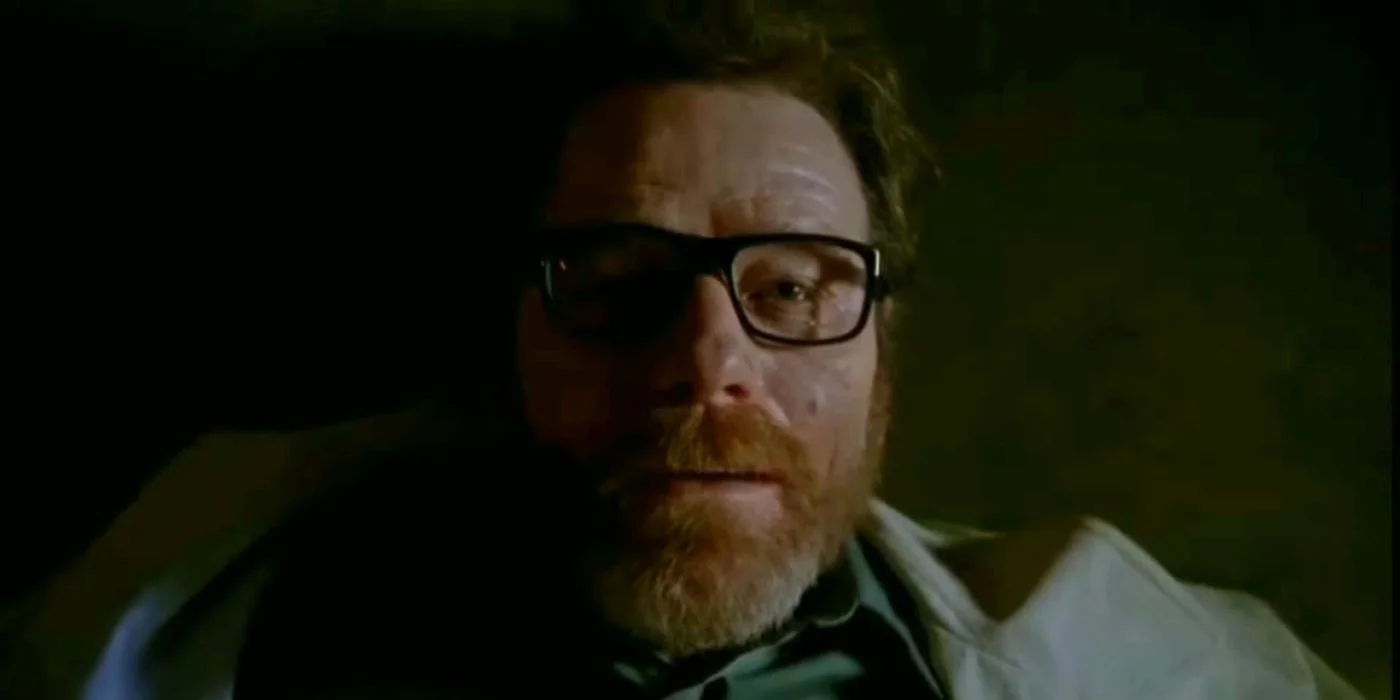
Handling the Dark Themes with Care
Breaking Bad’s portrayal of dark themes resonates as much now as it did years ago. In an era where sensitivities have evolved, especially around subjects like gender, minority representation, and sexuality, Breaking Bad has been lauded for its progressive approach.
“All of these aspects culminate in Breaking Bad being counted among TV’s very best efforts, which still stands in that regard 15 years later.”
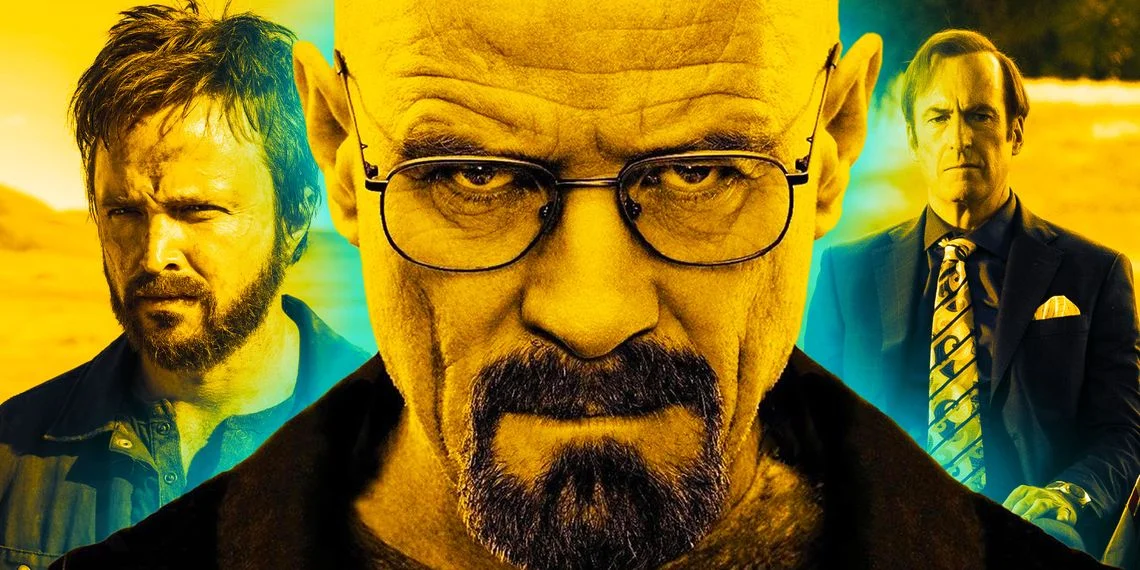
In the end, the show’s longevity is not just a testament to its quality but also to its ongoing relevance. The characters, the stories, the themes, and the overarching message have held up, ensuring that Breaking Bad remains a compelling watch today, tomorrow, and probably for many years to come.


